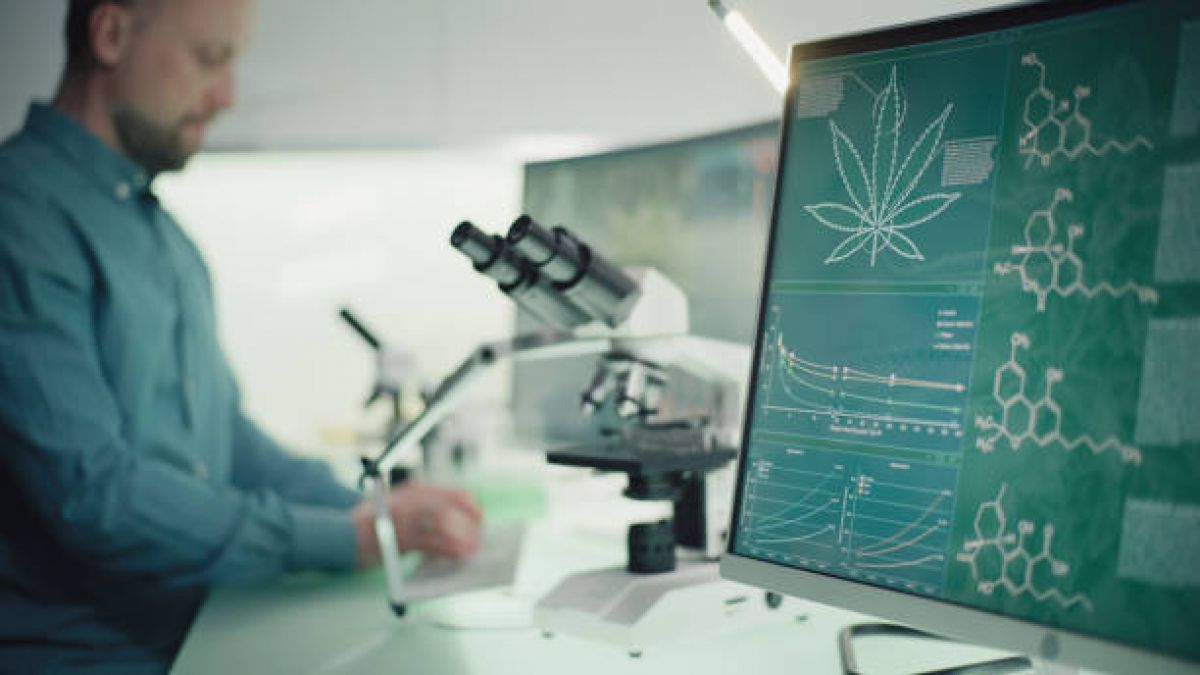The Importance of Cannabis Testing

Ensuring Quality of Cannabis Products
In the rapidly evolving cannabis industry, ensuring the quality and safety of cannabis products is paramount for growers. Testing cannabis samples for various quality metrics and regulatory compliance is essential not only for consumer safety but also for maintaining brand integrity. Testing services can analyze samples for potency, cannabinoid profiles, and the presence of harmful substances, such as pesticides, heavy metals, and microbial contaminants. By using these services, cannabis growers can better understand the efficacy and safety of their products, aligning with industry standards and consumer expectations. This commitment to quality control ultimately leads to stronger market credibility and customer trust.
Comprehensive Testing Services for Compliance
In many regions, cannabis regulations require growers to submit their products for testing to ensure compliance with state and federal guidelines. Testing services provide an array of analytical procedures, including but not limited to, residual solvent testing, product potency, terpene profiling, and moisture content analysis. These tests help growers assess whether their products meet specific regulatory criteria, preventing costly legal issues and product recalls. Moreover, testing laboratories often employ advanced technologies, such as high-performance liquid chromatography (HPLC) and gas chromatography (GC), ensuring accurate and reliable results. This scientific rigor enables growers to adapt their cultivation practices based on empirical data, enhancing overall quality and yield.
Empowering Growers Through Education and Support
Beyond testing services, many laboratories offer educational resources and support to cannabis growers. This includes guidance on best agricultural practices, insights into optimizing growth conditions, and understanding the significance of various cannabinoids and terpenes. Knowledge sharing empowers growers to harness the full potential of their crops, aligning cultivation techniques with consumer demands and market trends. Additionally, collaborating with testing laboratories fosters a relationship where growers can continually improve their products through iterative testing and feedback processes. By investing in testing and educational resources, cannabis growers not only comply with regulations but also cultivate a reputation for quality and safety in a competitive marketplace.